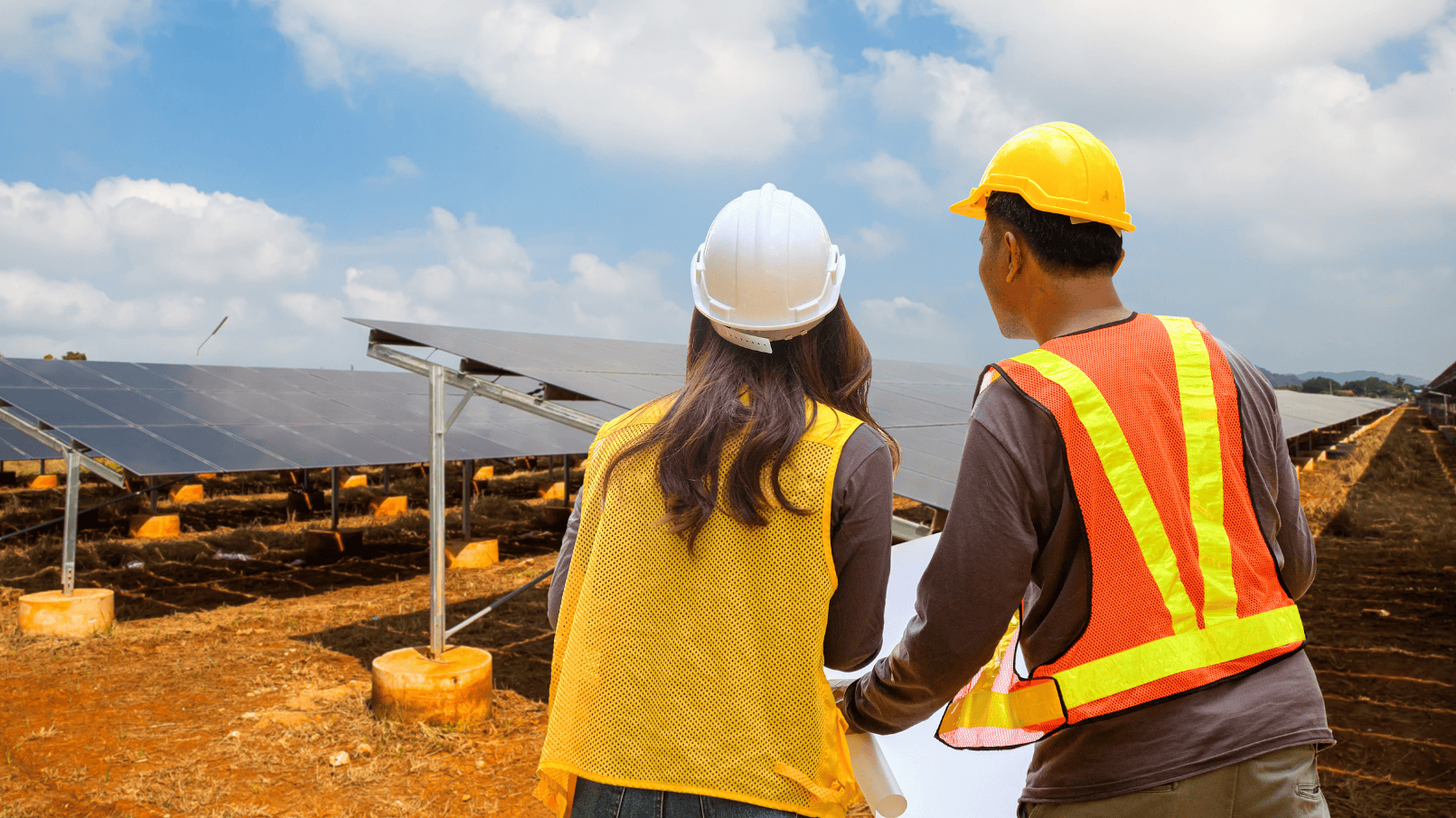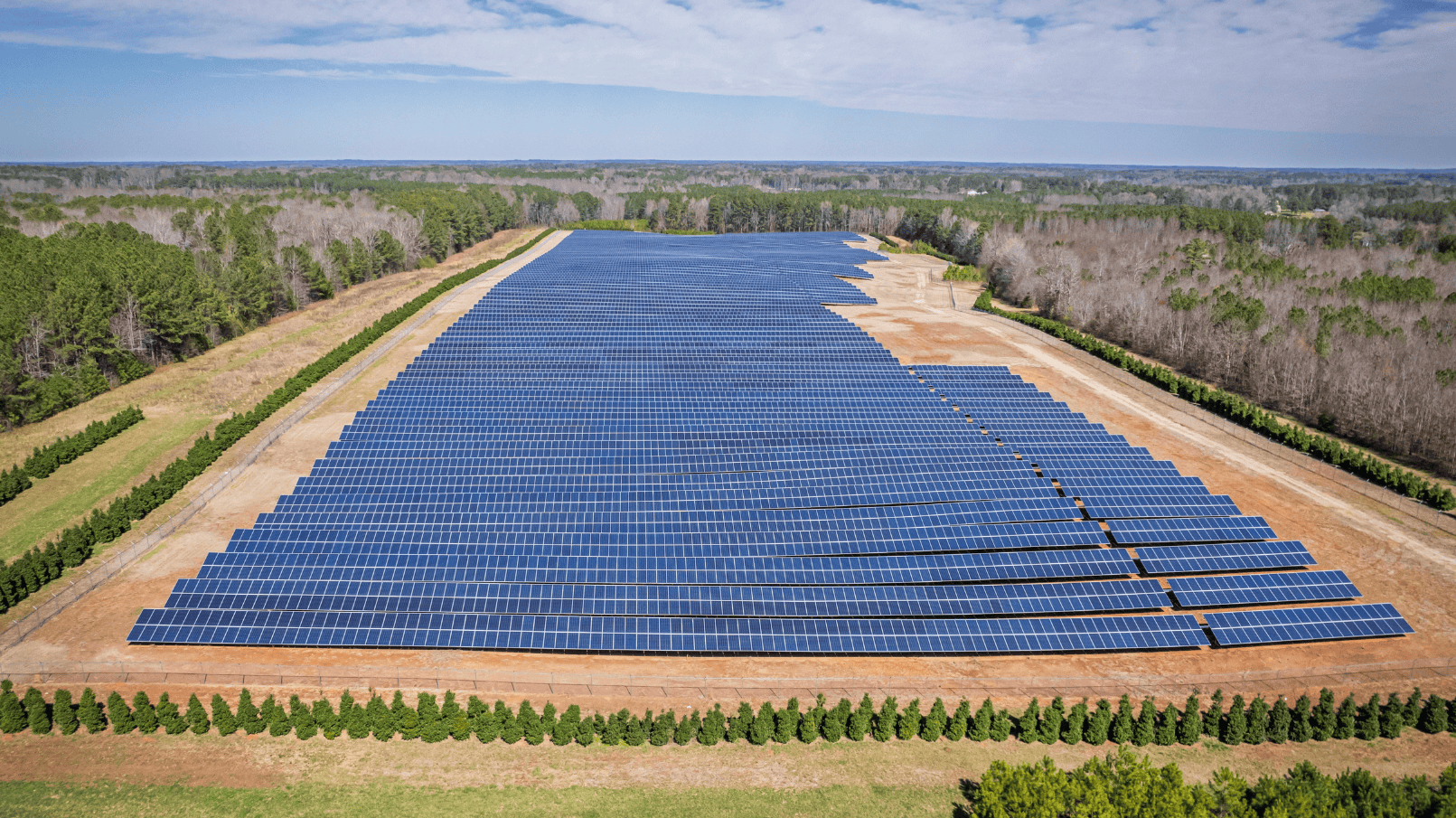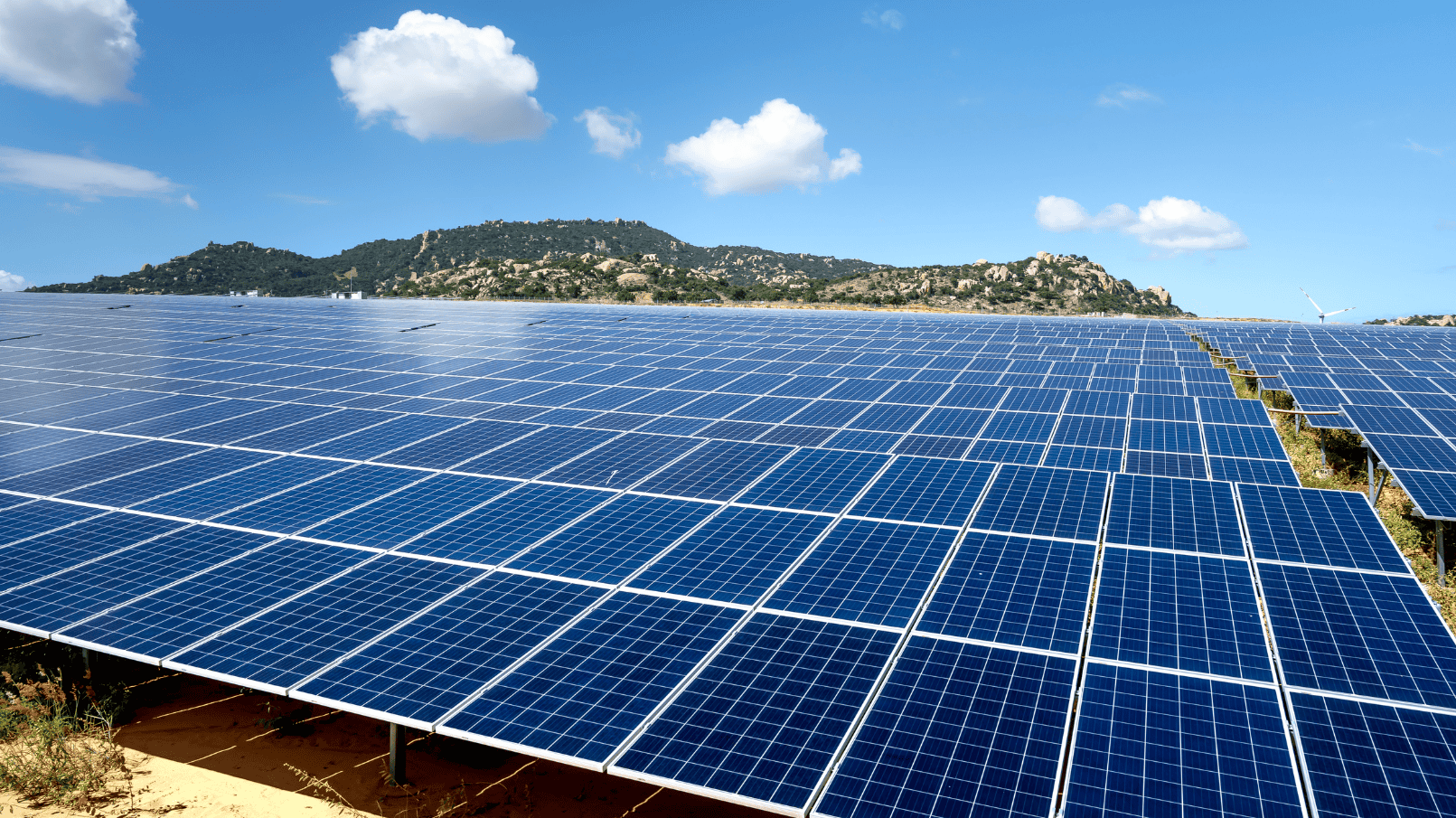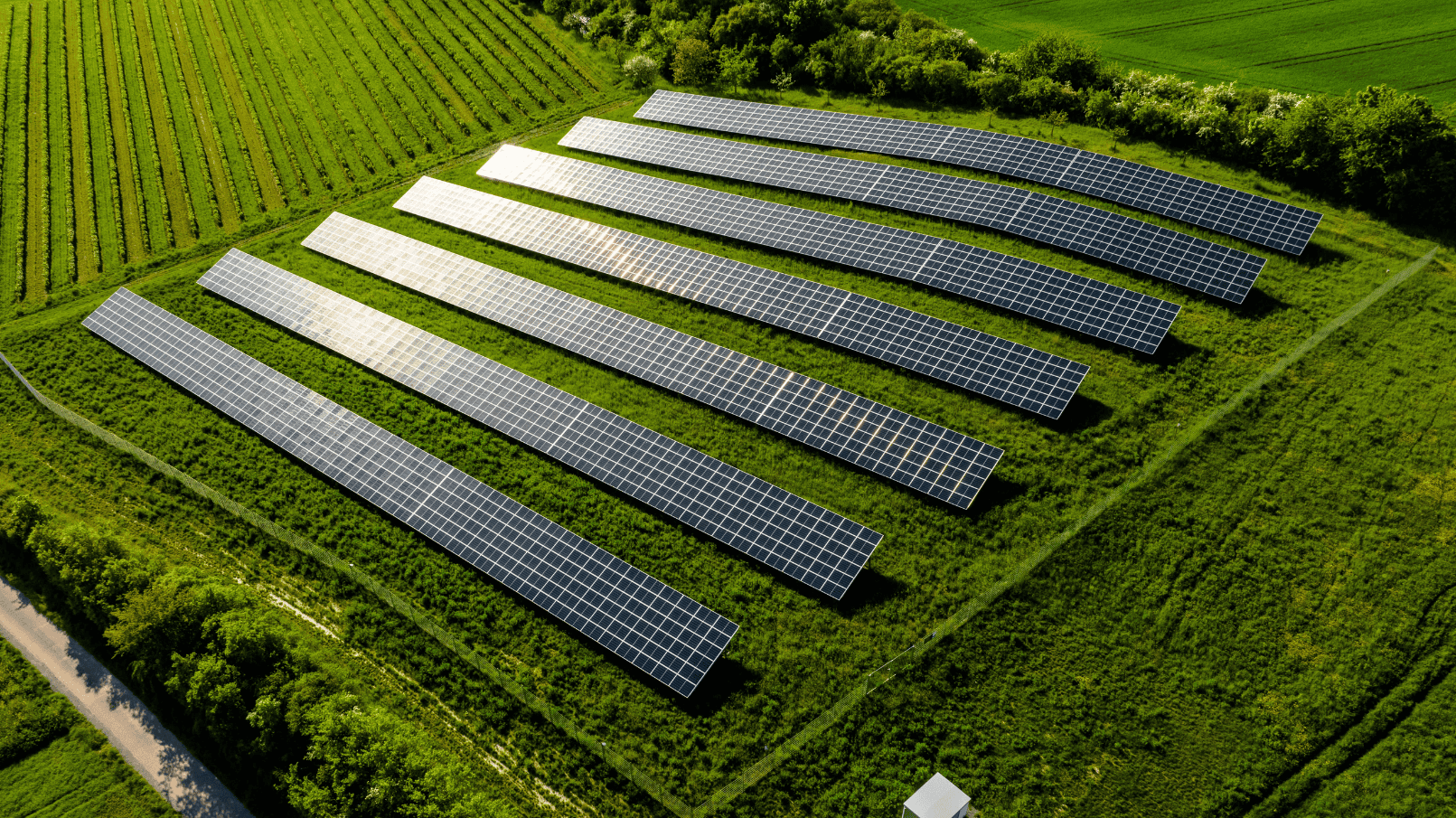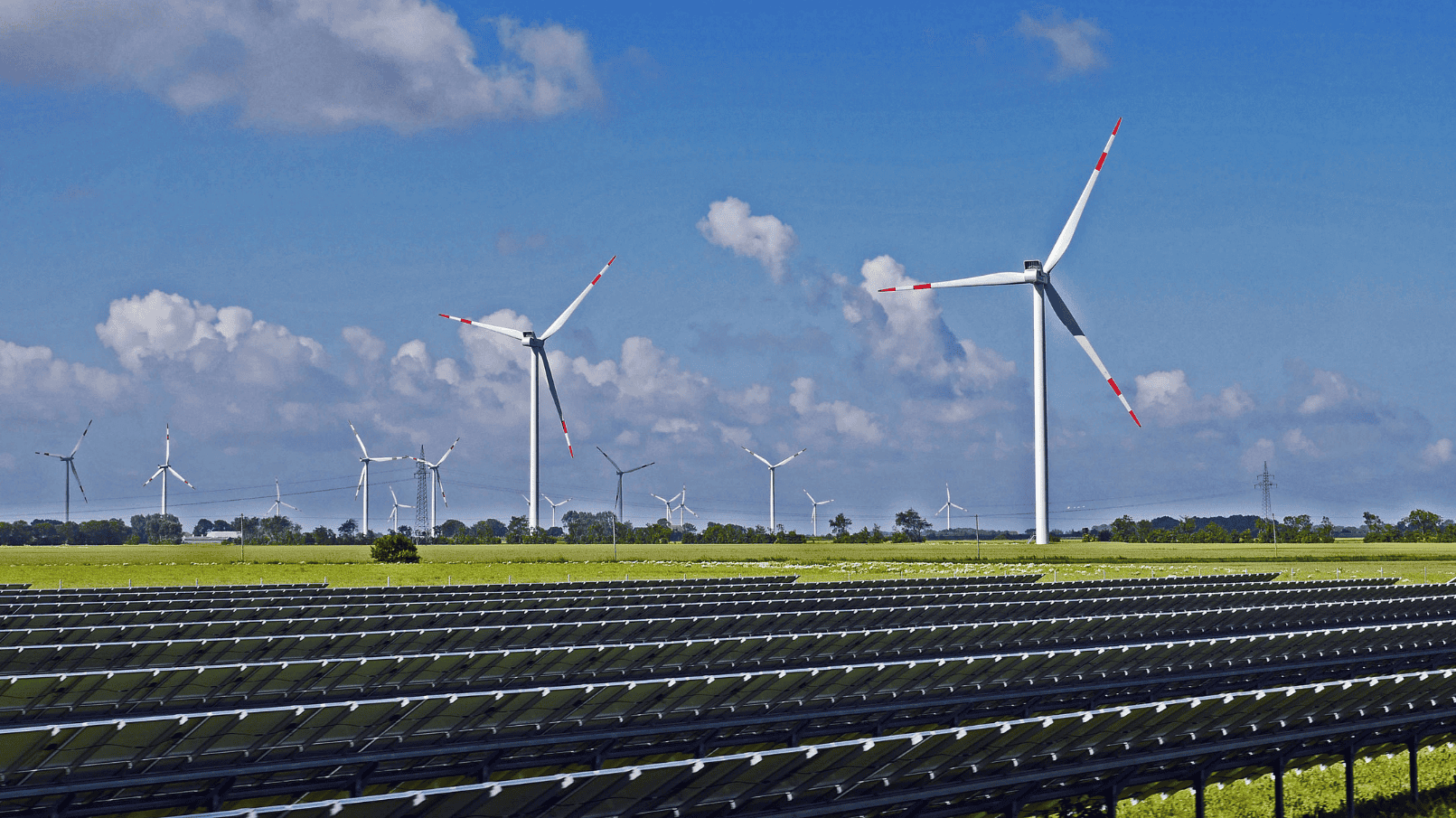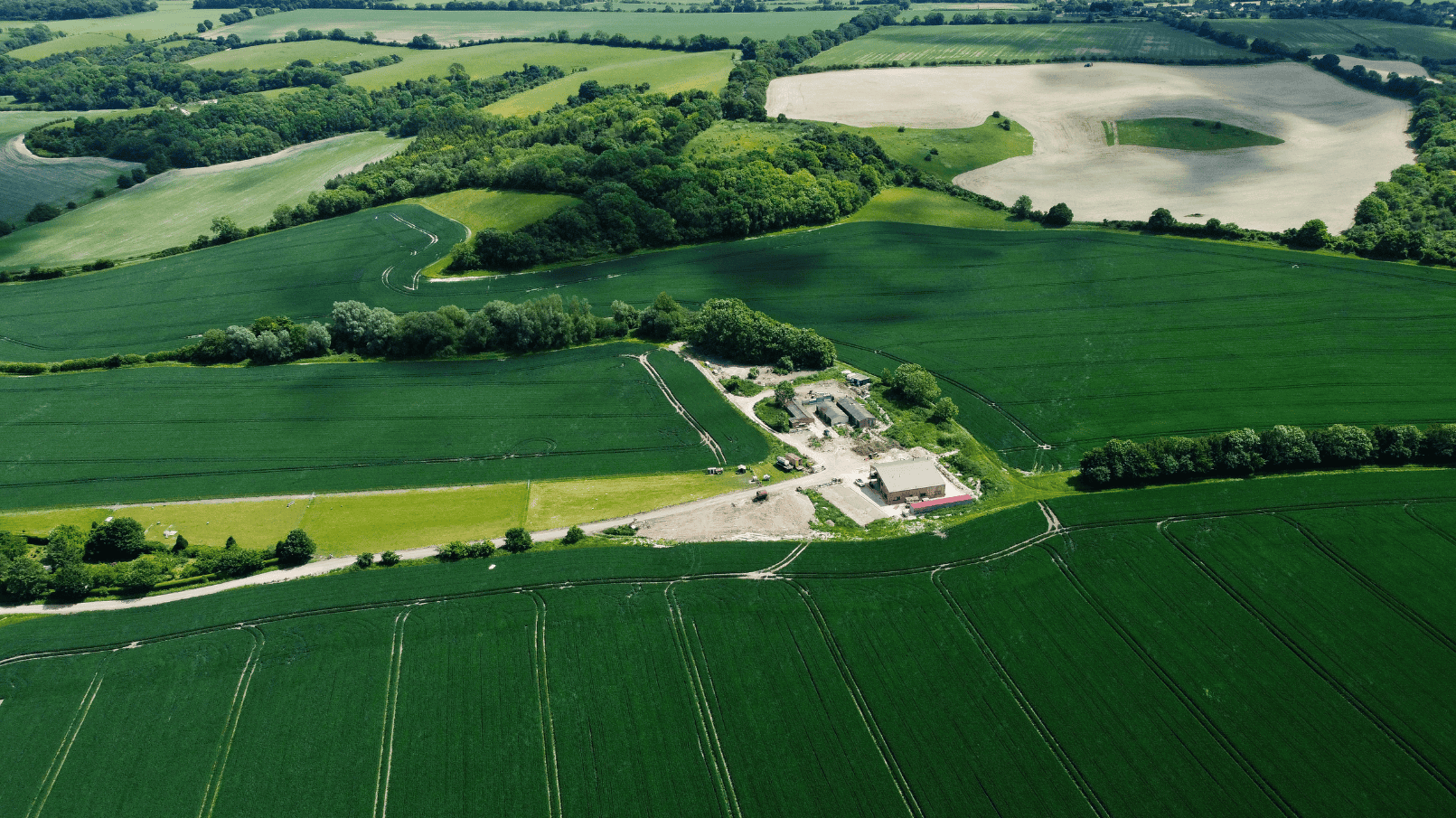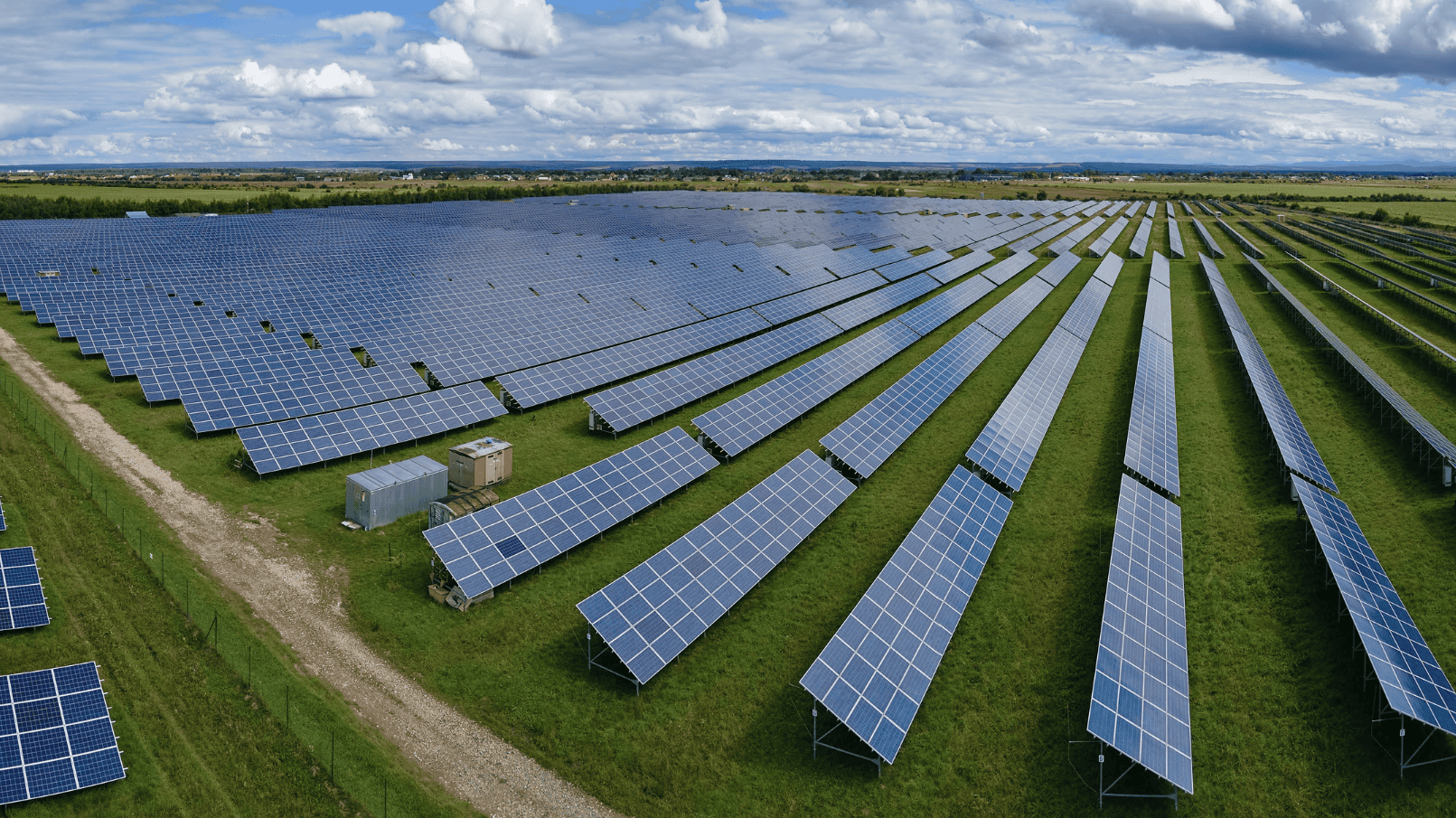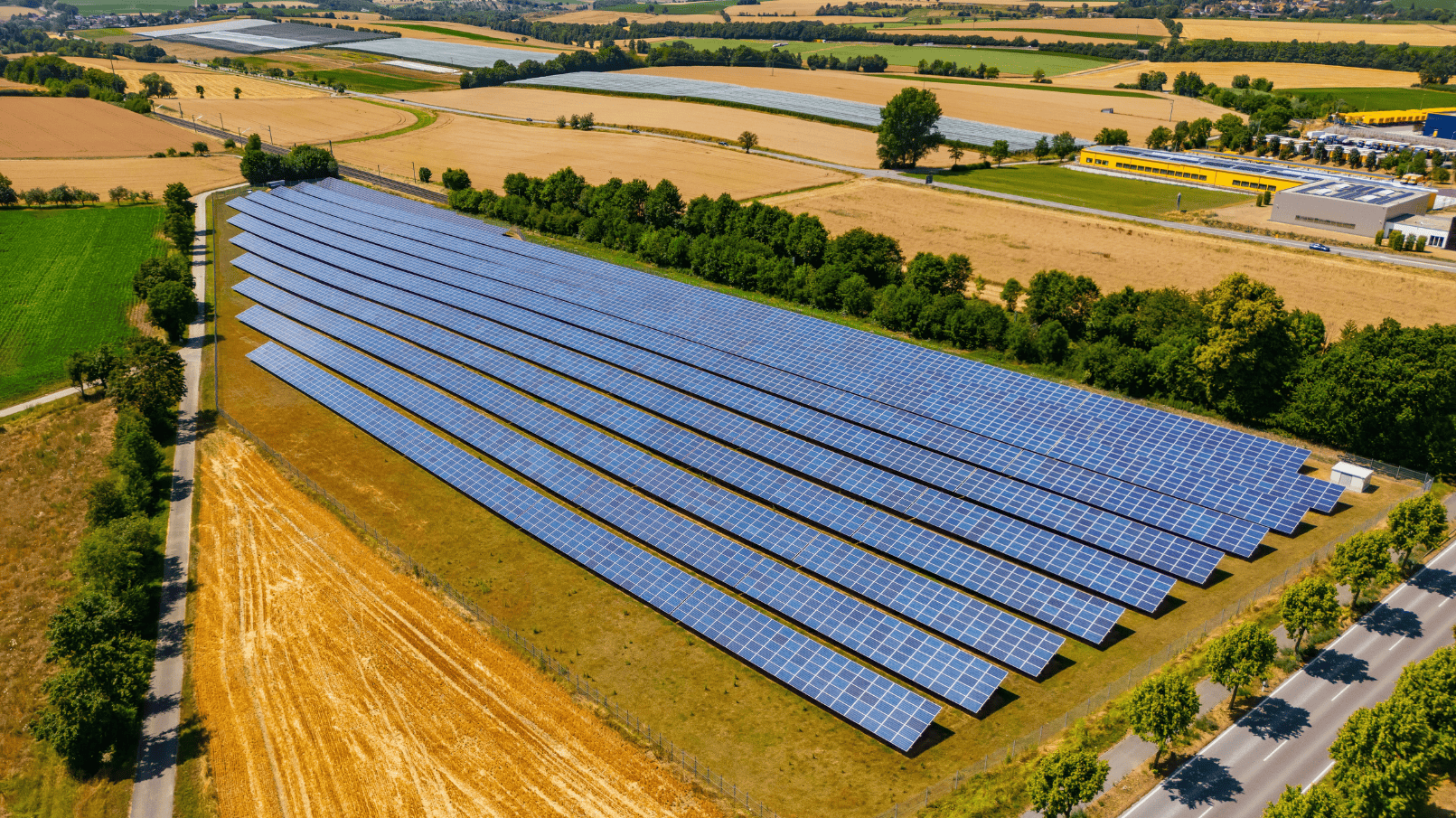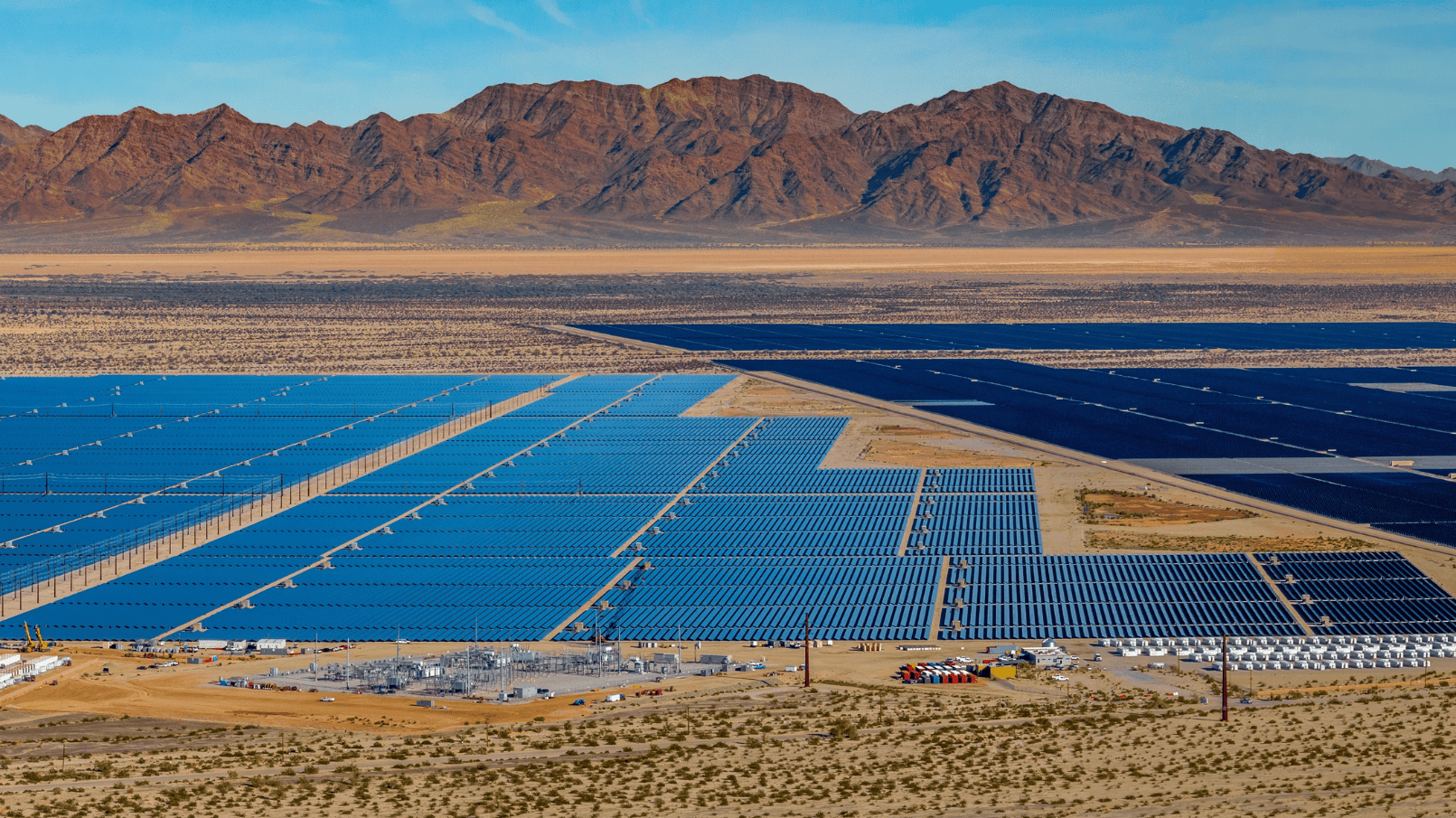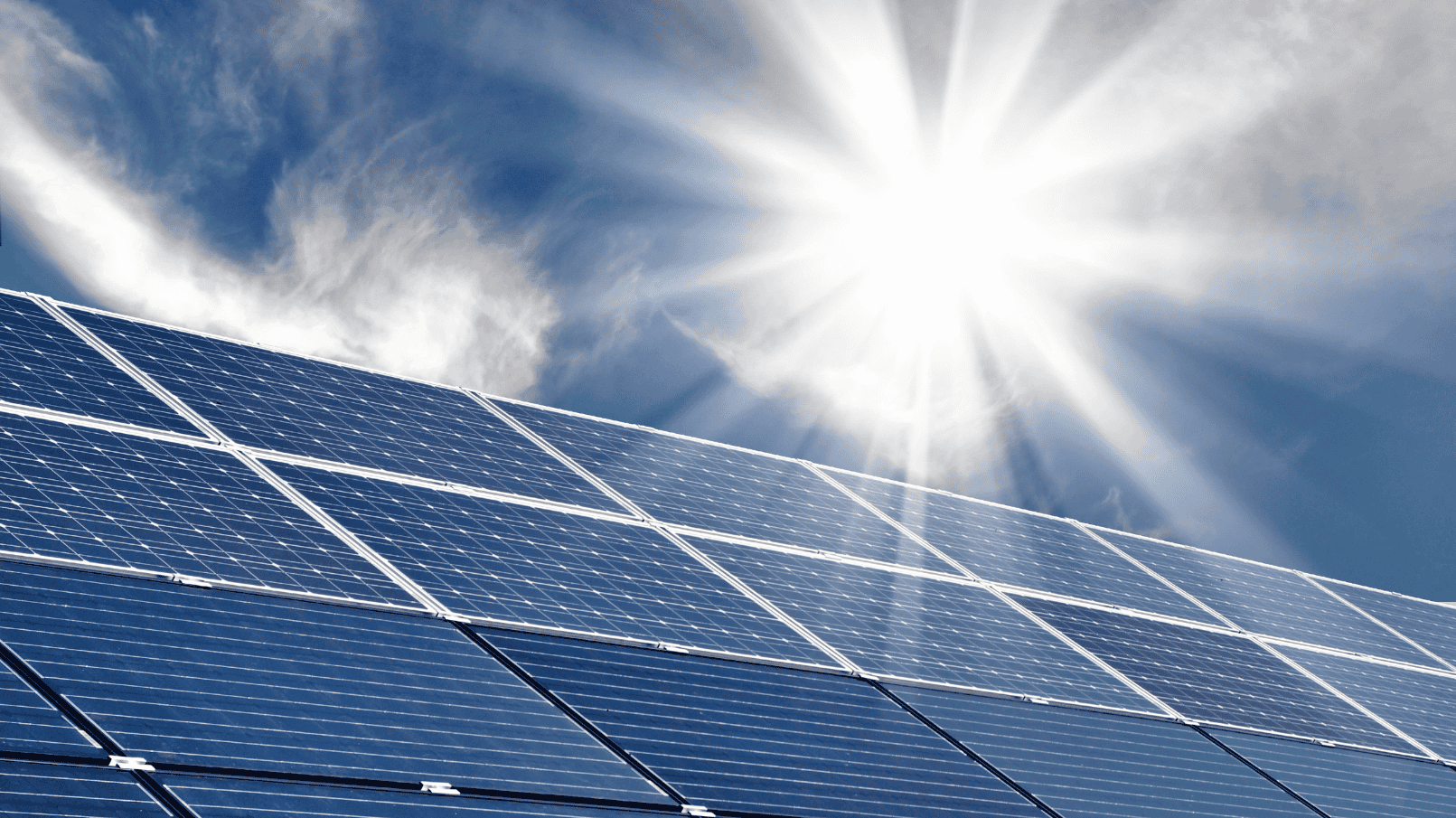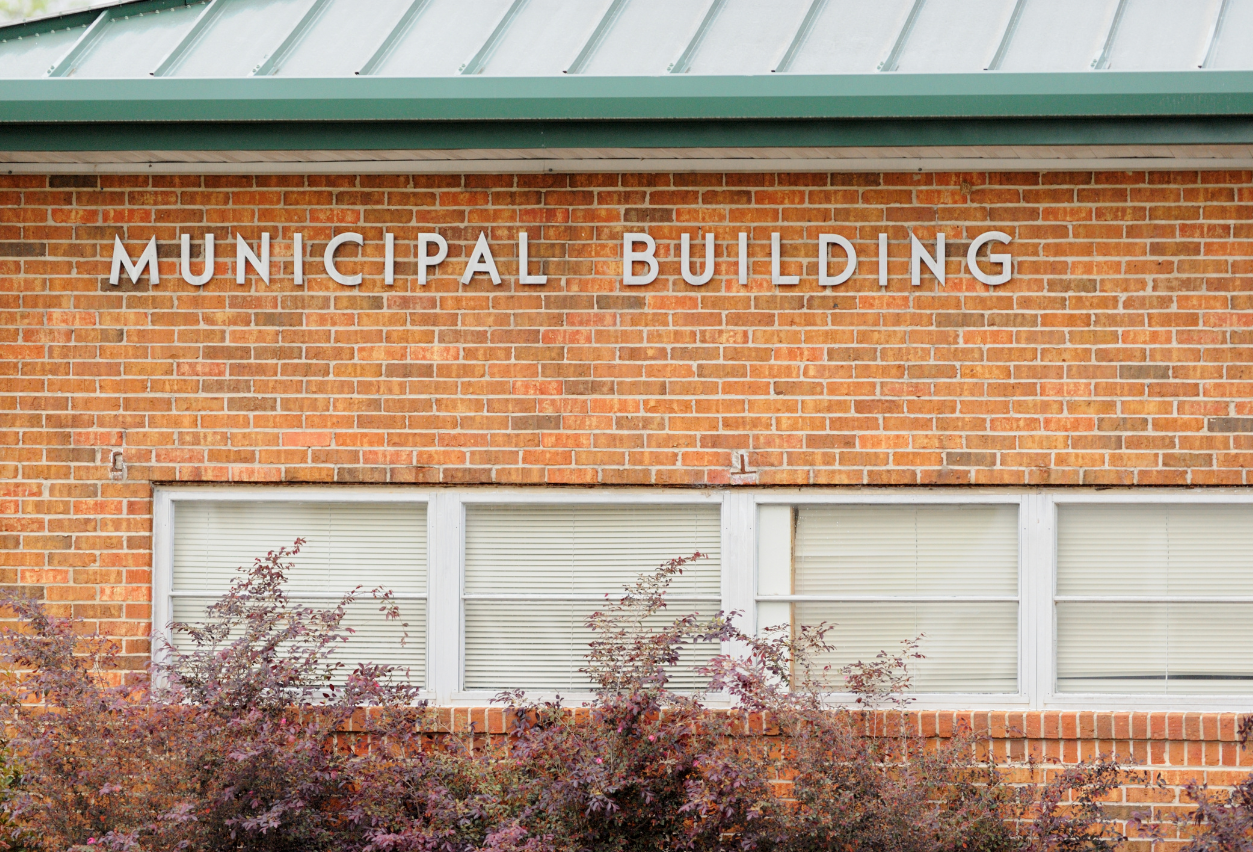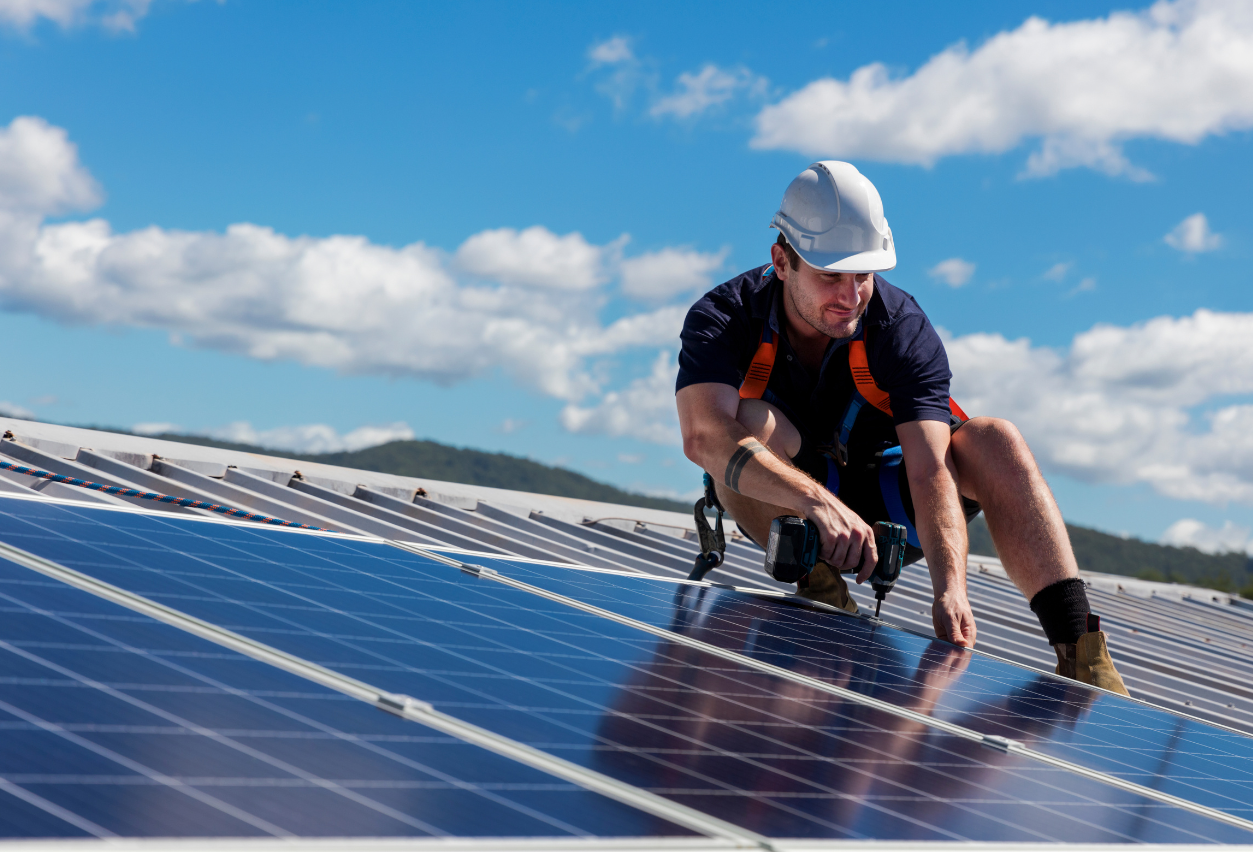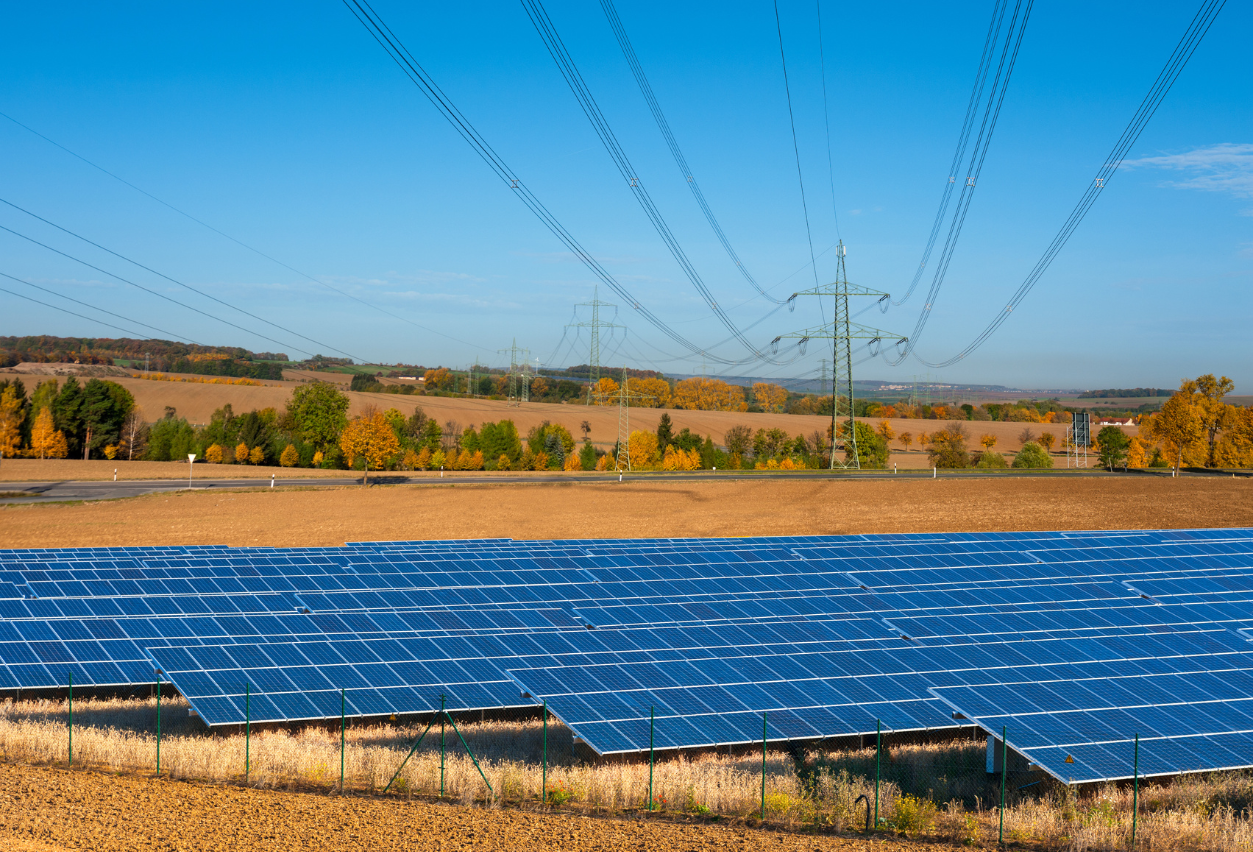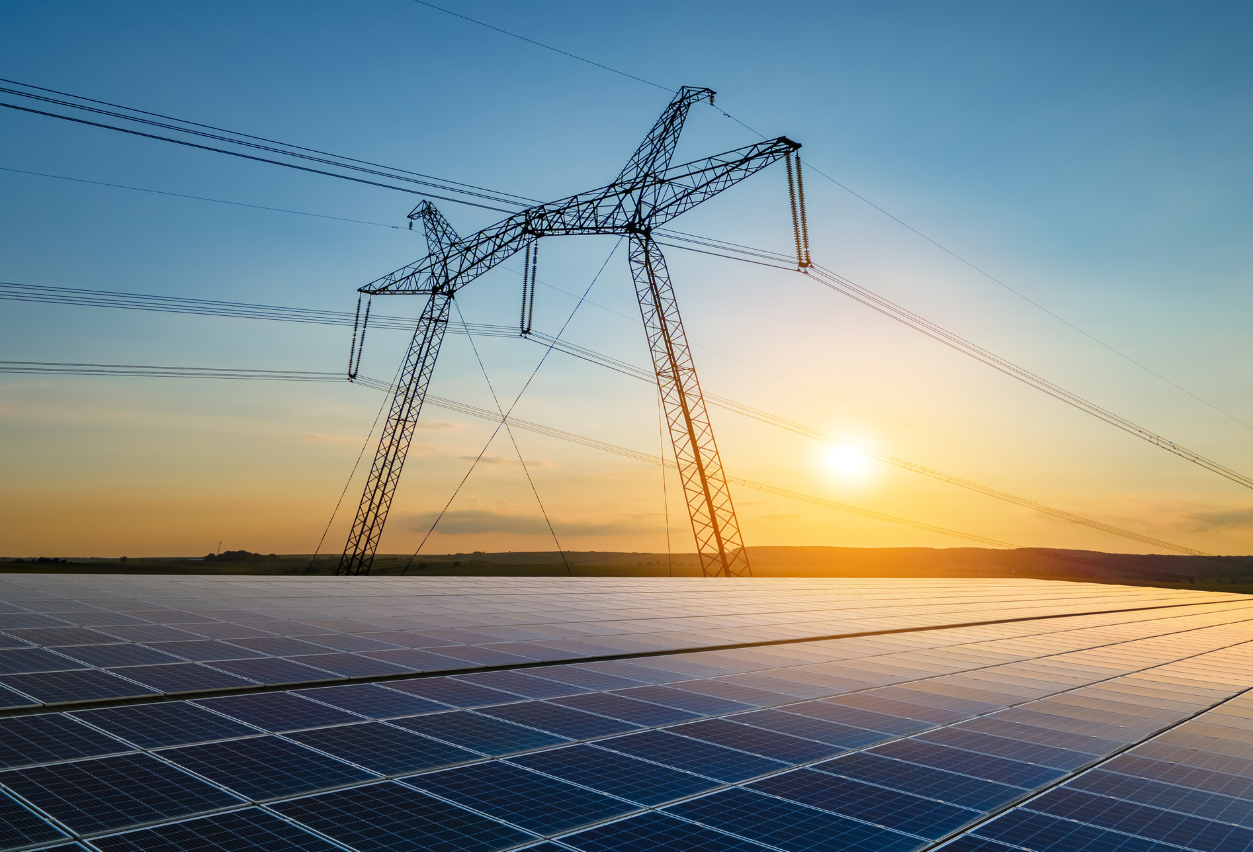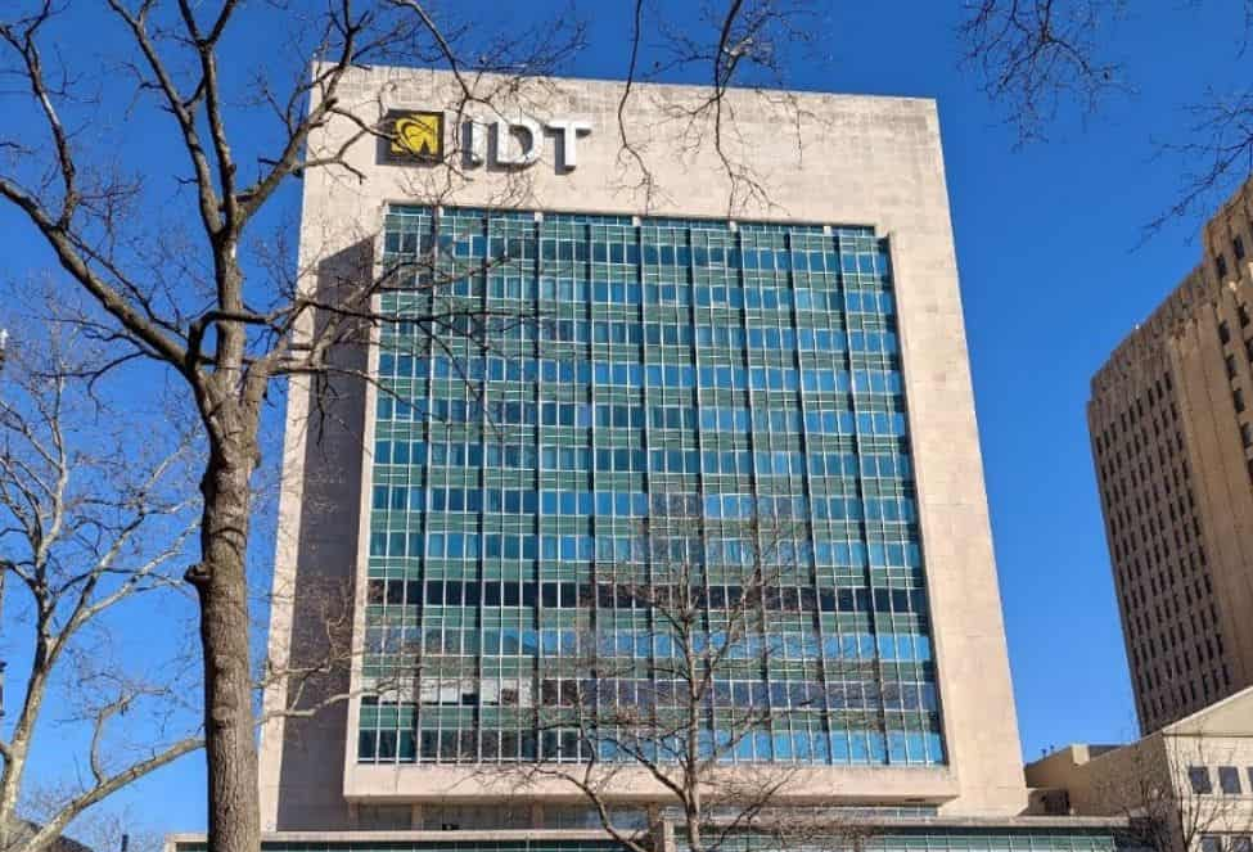As the passive income opportunity of leasing land for solar projects continues to grow, it’s more important than ever to perform due diligence prior to signing a land lease agreement with a solar developer. While most solar companies are legitimate, the rise in demand has unfortunately opened the door for solar project scams, bad solar lease agreements, and unscrupulous behavior. This article aims to bring attention to the common scams in the industry and to forewarn landowners on how to avoid becoming a victim.
How Solar Scams Work
Today, there are more solar leasing scams than ever before. Bad actors attempt to pose as legitimate solar developers or land leasing companies to trick landowners into unfavorable contracts. Once the landowner commits to a contract, they are at the mercy of the terms of the agreement, Unfortunately, many landowners are drawn to high land lease rates and miss the details that could put them in a bad position.
Although these solar scams are rare, there are more and more cases reported each month among landowners unfamiliar with solar land leasing.
Common Solar Lease Scams
If you’ve been approached by a solar land leasing company or developer to lease your land, here are some common scams to be aware of.
Fake Developers
Beware of companies posing to be solar developers who are not. It’s always best to do some independent research on the company’s legal entity name, state registration paperwork, insurance certifications, and more to confirm their legitimacy. There are many companies posing to be solar developers who have not installed a single project.
Solar Land Lease Flipping
Another common occurrence is the practice of solar land lease flipping. A company will approach you representing themselves as a full-fledged solar development firm; however, their intentions are to secure the rights of your land to develop solar and sell the project to a legitimate developer. These people will lead you to believe they will build the solar project until you sign away your land rights. They earn money by flipping the projects for profit, and sometimes, these projects can be flipped several times. This creates risk for the landowner as the chances of the project being built and the lease agreement starting are slim to none. It’s best to ensure that the company gaining site control will be the same company developing the project.
Unrealistic Promises
Solar lease agreements typically last between 20-30 years and can be anywhere from $1,000 to $5,000 per acre depending on the quality of your land, its proximity to the power grid, local zoning regulations, and interconnection availability. Any proposals that are well out of this scope should be considered with a skeptical eye. Unscrupulous actors will throw out big numbers in order to gain site control and later sell your project to a developer who will only pay a fraction of the original offer.
Upfront Fees
Solar leases offer landowners annual lease payments for their land. In no way shape or form should the landowner need to pay upfront fees to enter into a site control contract or land lease agreement. Any site work or interconnection fees are almost always assumed by the solar company, and if they are not, you should consider shopping around for a better offer.
Vague Contract Terms
The contract terms of your site control or lease agreement should be crystal clear. Beware of vague contract language that does not spell out the roles and responsibilities of the parties involved. It’s important to understand your rights to unused land if you are entering into a partial solar land lease agreement, as well as your recourse if the project goes sideways. Be sure to also understand how the solar panels will be removed from your property after the lease expires.
Permitting Claims
Another red flag is when solar companies claim to have the permitting process under control without any sort of proof. Permitting and zoning can be complex in large-scale solar projects and can even cause the project to fold. While it’s true that larger developers might have experience dealing with zoning in your region, nothing is guaranteed. Beware of companies who appear to be too confident in their approach to permitting.
Red Flags to Watch Out For When Signing A Solar Lease
Here’s an additional list of red flags to watch out for when entering into an agreement to lease your land to a solar company:
- The company does not have an existing project portfolio for you to review.
- The company cannot provide a clear outline of the project steps, interconnection application process, or permitting requirements.
- The company uses pressure tactics to get you to sign the lease agreement.
- There is a lack of transparency when it comes to lease payment structure.
- They company does not advise you to consult an attorney prior to signing.
- There are vague details regarding the decommissioning process or land restoration responsibilities.
Can you cancel a bad solar land lease?
Breaking a solar lease is very difficult, especially if the lease has already been recorded with the local municipality. If you think you’ve entered into a bad solar lease here are some steps you can take:
- Consult with an attorney. Some leases have buyout clauses that will allow you to break them early.
- Evaluate whether the solar company has breached the terms of the lease allowing you to terminate the contract.
- Try to negotiate the issue with the solar company directly, or with the use of an attorney. Smaller issues might be able to be rectified without getting the courts involved.
- Consider selling the rights to your lease. This can be quite complex without selling your land parcel altogether. It’s best to consult with a land attorney before attempting to sell your rights.
While these suggestions are a good place to start, it’s always best to try and avoid a bad solar lease from the beginning. Be sure to properly vet several solar companies prior to entering into any agreements.
Thinking About Leasing Your Land? Here’s How to Protect Yourself
Securing a profitable solar lease with a reputable developer can be a great opportunity for landowners to generate additional income. However, the wrong solar land lease could set you back decades. Be sure to work with a proven, reputable developer who can produce references from other landowners.
At Genie Solar Energy, our team of solar experts has many successful projects in our portfolio. Not only do we offer land lease agreements directly to landowners, but we also act as a full-service solar developer handling all aspects of the project. Contact our team today for a free land consultation and to learn more about leasing your land for a solar project.
